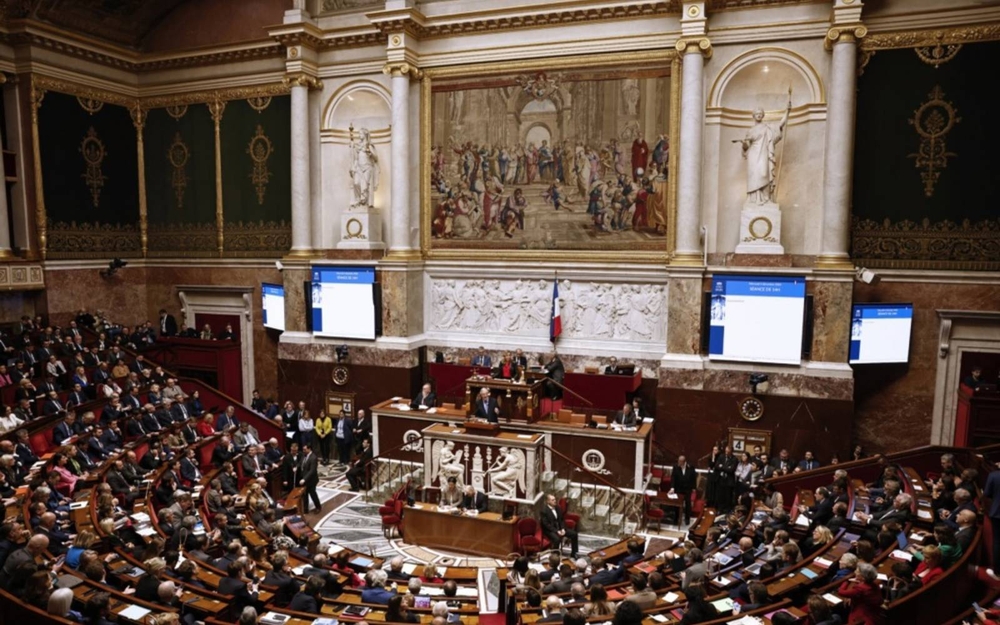Published
- 3 min read
The Evolving Dynamics of French Political Instability

The Shifting Sands of French Politics
France is no stranger to political turmoil, but recent events have plunged the nation into an unprecedented crisis. The fall of the Barnier government, barely three months into its tenure, has thrown France into chaos. This dramatic upheaval underscores the deep fractures within the country’s political landscape and has significant implications for France and the broader European community.
A Parliament Divided
The collapse of the Barnier government, driven by an unlikely alliance of the far-right and far-left factions, is symptomatic of a deeply polarized French Parliament. The political impasse stems from a lack of compromise, as opposing parties prioritize their ambitions over governance. This has created a legislative deadlock, with Parliament failing to address pressing economic and social issues. The absence of a clear majority in the National Assembly exacerbates the challenge, leaving France struggling to implement coherent policies.
Economic Woes Compound the Crisis
France’s political instability comes at a time of significant economic challenges. The nation faces a staggering public debt of €3.2 trillion, escalating poverty rates, and an alarming trade deficit. These economic pressures demand decisive leadership and comprehensive reforms—both of which remain elusive in the current fractured political environment. The inability to pass critical budgetary measures has further eroded confidence in France’s governance, both domestically and internationally.
Implications for European Unity
France’s turmoil reverberates far beyond its borders. As one of the European Union’s founding members, France has historically played a pivotal role in shaping European policy. However, its current instability undermines its ability to lead, creating a vacuum in European leadership. With Germany facing its own political challenges, the lack of cohesive Franco-German cooperation threatens the EU’s capacity to address critical issues, including the ongoing conflict in Ukraine and the evolving security dynamics in Eastern Europe.
The Geopolitical Ripple Effect
France’s political paralysis also impacts transatlantic relations and Europe’s broader geopolitical strategy. As the EU seeks to navigate the complexities of U.S. foreign policy under a potential second Trump administration, France’s diminished leadership weakens Europe’s collective response. Additionally, nations like Poland are stepping into the void, advocating for a realignment of European partnerships. Poland’s growing influence, supported by alliances with Nordic and Baltic states, signifies a shift in Europe’s power dynamics.
What Lies Ahead?
The path forward for France remains uncertain. While calls for President Macron’s resignation grow louder, the constitutional constraints on snap elections mean that any resolution will require navigating a highly polarized political landscape. Macron’s ability to forge alliances and rebuild trust will be crucial in stabilizing the nation. However, the broader question is whether France can overcome its deep divisions to reclaim its role as a cornerstone of European stability.
Conclusion
France’s current crisis is a stark reminder of the fragility of political systems in an era of polarization and economic strain. As the nation grapples with its challenges, the implications for Europe and the world are profound. The coming months will be critical in determining whether France can emerge from this crisis stronger—or whether its instability will signal a deeper malaise within the European project.
